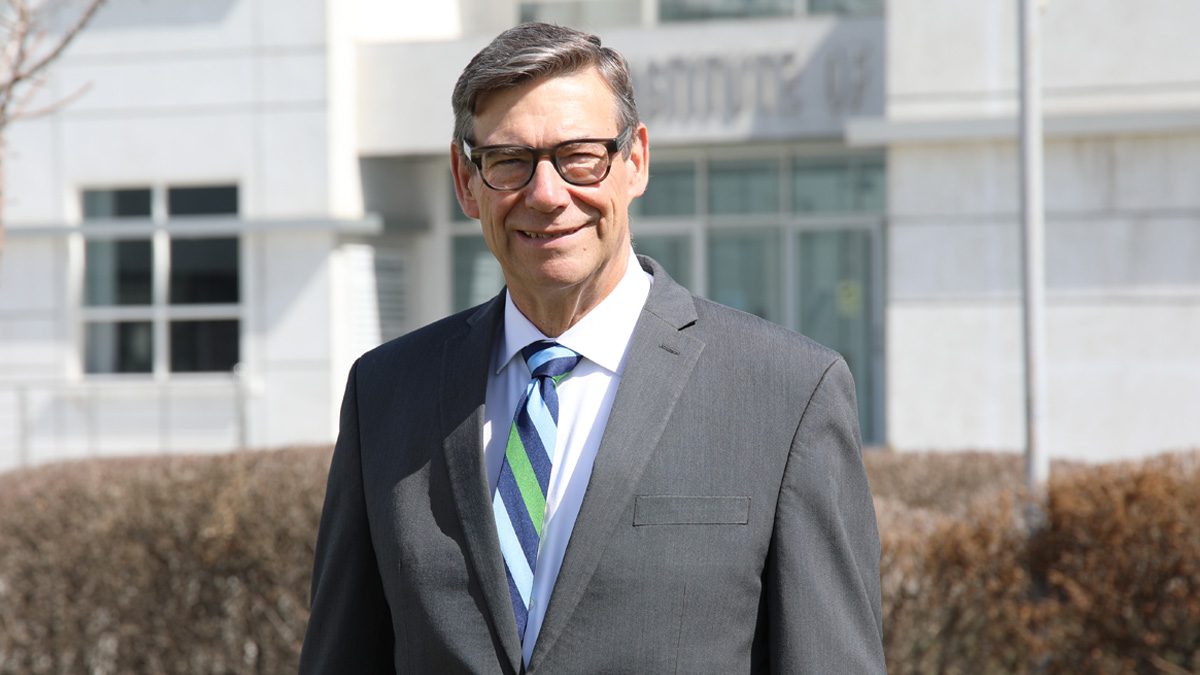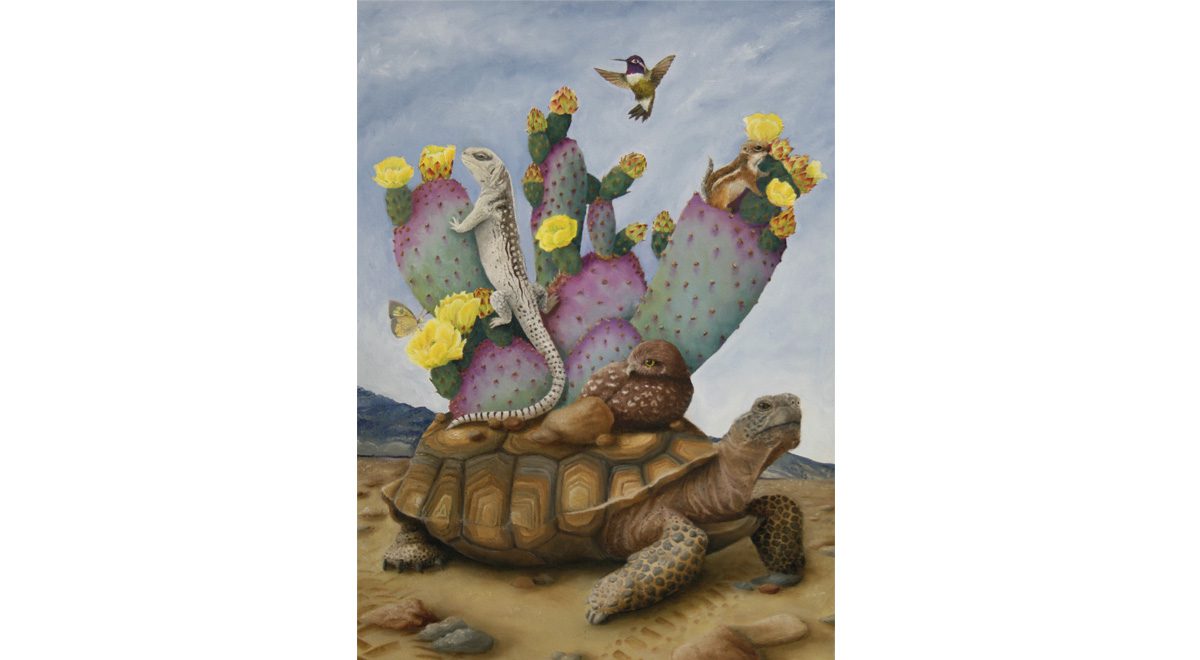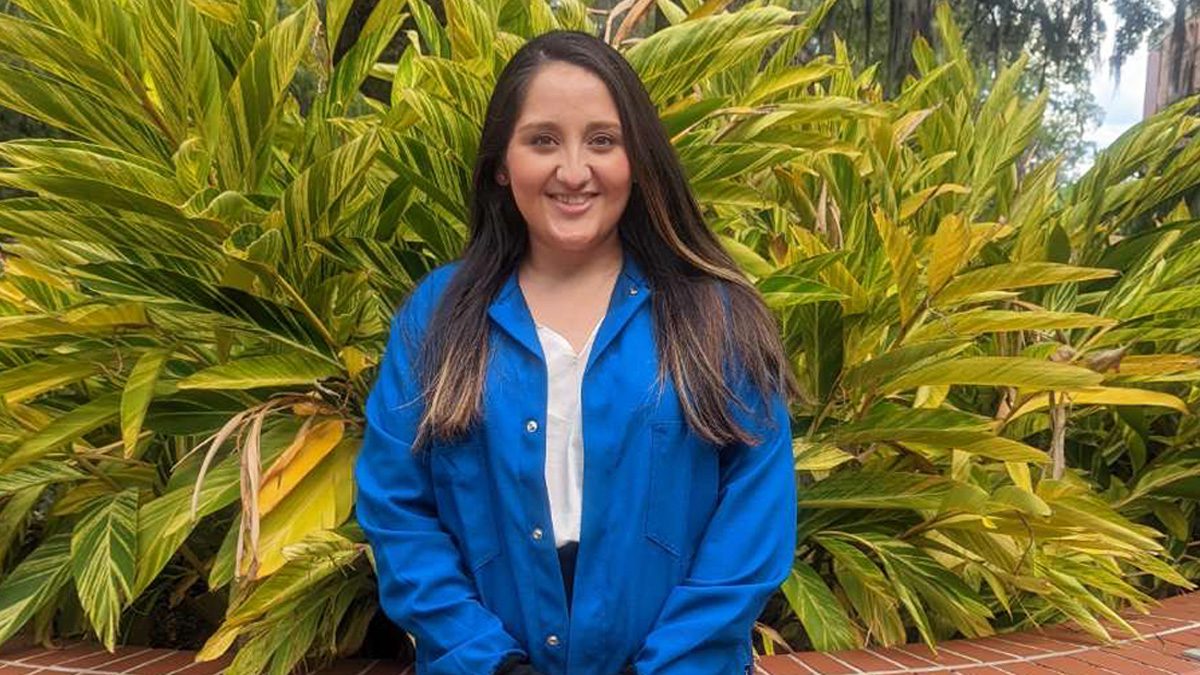To Learn in Peace
Ken Holland ’70 served as the president of American University of Afghanistan and became a
marked man to the Taliban.
By Will Rothschild
The first bullet point under the most recent job listed on Ken Holland’s LinkedIn profile reads:
“Kept the faculty, students and staff safe (no attacks).”
It is accentuated by the simplicity of its description – devoid of the buzzwords that characterize much of modern resume-writing. Indeed, when you’ve been where Holland ’70 has been and done what he’s done, the resume speaks for itself.
That particular entry was from Holland’s 26 months as president of American University of Afghanistan (AUAF) in Kabul. Holland was tasked with reopening the university in 2017 after a terrorist attack on Aug. 24, 2016, killed 13, including seven students, and injured at least 50. The attack came just a few weeks after two university professors were kidnapped at gunpoint. They were held for more than three years before the Taliban released them in November 2019.
Holland had gone from a career in higher education with deep expertise in political science and government to consulting for the U.S. Department of State, the World Bank and NATO when he was asked to take the job in Kabul. Over the course of 11 years before assuming the post at AUAF, he had become intimately familiar with the country and its challenges, making 62 trips to Kabul during that time. He worked directly with Gen. David Petraeus, the commander of U.S. forces in Afghanistan from 2010 to 2011, as the senior advisor for the rule of law, working with institutions in the country to develop a new legal system from the ground up.
Much of his work during that time was focused on building the country’s higher education system.
“There were no books in the universities that had been written post-1978,” Holland says. “The country had been at war since then. The task was enormous, but huge progress was made. Roads were paved. Drinkable water became widely available.”
He faced a similar challenge at AUAF. The university president at the time of the 2016 attack had been fired and the school was closed, with no guarantee it would reopen. Doing so required not only rebuilding what had been physically destroyed during the 2016 attack but finding a leader who could help rebuild the confidence of students and faculty to return. Holland was that leader.
“We recruited students, we recruited faculty, and we reopened with an emphasis on their safety and security, and we were successful in that,” Holland says.
So successful that Holland became a marked man by the Taliban, who sent him a letter titled, “Ten Things We Hate About You.” Says Holland: “Such comes with the territory.”
Today, Holland’s territory is not so hostile. He is a law professor and dean at O.P. Jindal Global University in Sonipat, India, about an hour from Delhi. He taught two courses in the spring of 2022, one focused on growing U.S.-China tensions and the other exploring the U.S. withdrawal from Afghanistan and its ramifications.
Holland believes a force as small as 2,500 U.S. troops could have kept the Taliban from completely retaking the country. Certainly, on the scale of isolationism versus interventionism, after decades of working in a number of developing countries around the world, Holland leans where one would expect.
“I believe the U.S. has an obligation to the world,” he says. “Much of the world does not live under a government that is functioning, or it is authoritarian. The U.S. is still the model for the world, and public diplomacy and spreading goodwill benefit us.”



